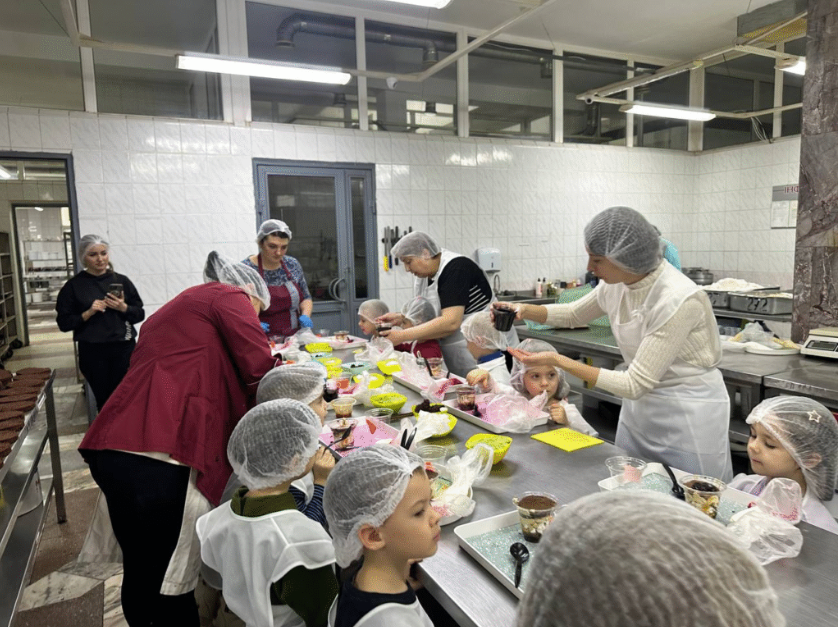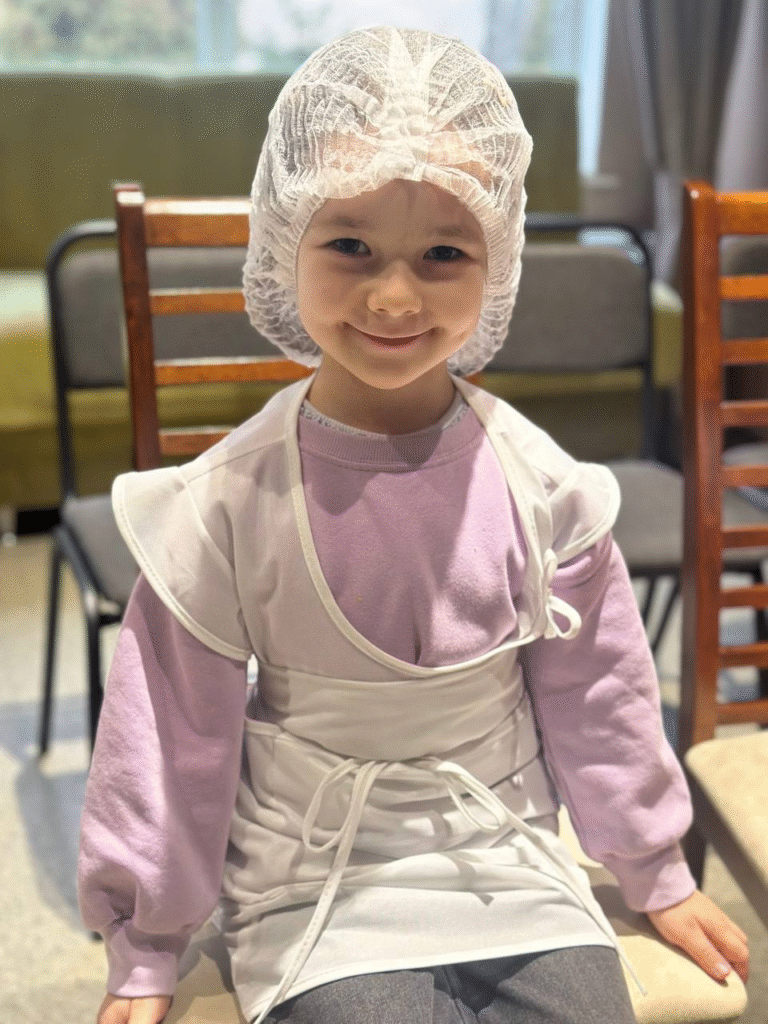- Content
The Role of Excursions and Trips in Children’s Development
In preschool age, children explore the world not only through books or classroom activities. The most vivid discoveries happen when a child can see, feel, and experience something in a real environment. That is why MOI OBRIY Private Kindergarten places significant emphasis on integrated learning activities such as excursions and trips.
These are not just walks—they are thoughtfully planned educational experiences that help children better understand the world around them, build life skills, foster independence, and make learning engaging, emotional, and lively.
Thematic Trips and Educational Excursions
At MOI OBRIY, every trip is organized with a clearly defined educational purpose. These may include visits to museums, libraries, theaters, exhibitions, eco-parks, botanical gardens, or farms. Each excursion is closely linked to the group’s curriculum: for example, learning about animals may culminate in a trip to a zoo or petting farm; exploring art could involve visiting an art gallery or attending a theater performance; topics about nature are reinforced with walks in botanical gardens or ecological parks.
Such excursions not only expand children’s knowledge but also stimulate their curiosity. Children learn to ask questions, observe carefully, and make their own initial conclusions. This fosters critical and independent thinking. Additionally, trips support the development of social skills: children interact with each other, discuss what they see, and share their emotions.
This practice is a vivid example of the principle of integrated learning, where theoretical material is always reinforced with real-life experience. As a result, information is remembered more easily and becomes not just knowledge but a meaningful part of a child’s life experience.

Organizing Safe Trips
At MOI OBRIY Kindergarten, children’s safety during trips is an absolute priority. Each excursion is carefully planned: the route is determined in advance, the transport and driver are checked, and a support team of teachers and assistants is organized. Teachers monitor every stage of the trip to ensure that children feel calm and secure throughout the experience.
Before departure, children participate in playful discussions where they are reminded of the rules of behavior on transport, during walks, or when visiting public places. This helps them engage in the trip consciously and without unnecessary anxiety.
Parents always receive complete information about the excursion program, a list of necessary items, and contacts for responsible teachers in advance. This transparent approach builds trust, giving families confidence that their children are in safe hands under constant supervision.
Thanks to this careful organization, excursions and trips at the kindergarten combine learning with active recreation without any risks to children’s health or comfort. Children enjoy new experiences, and parents enjoy peace of mind knowing their children are safe.

Children’s and Parents’ Impressions
The benefits of trips are best reflected in emotions. Children enthusiastically share their experiences after each excursion, talking about the animals they saw, performances they attended, or new places they explored. At home, they recreate these experiences through drawings or play. For little ones, this is an opportunity to learn in a joyful and inspired way.
Parents also note that after such trips, children become more open, curious, and communicative. Their development is holistic: knowledge is combined with emotions, and new experiences strengthen memory while fostering a positive attitude toward learning.
How excursions help children explore the world and develop.